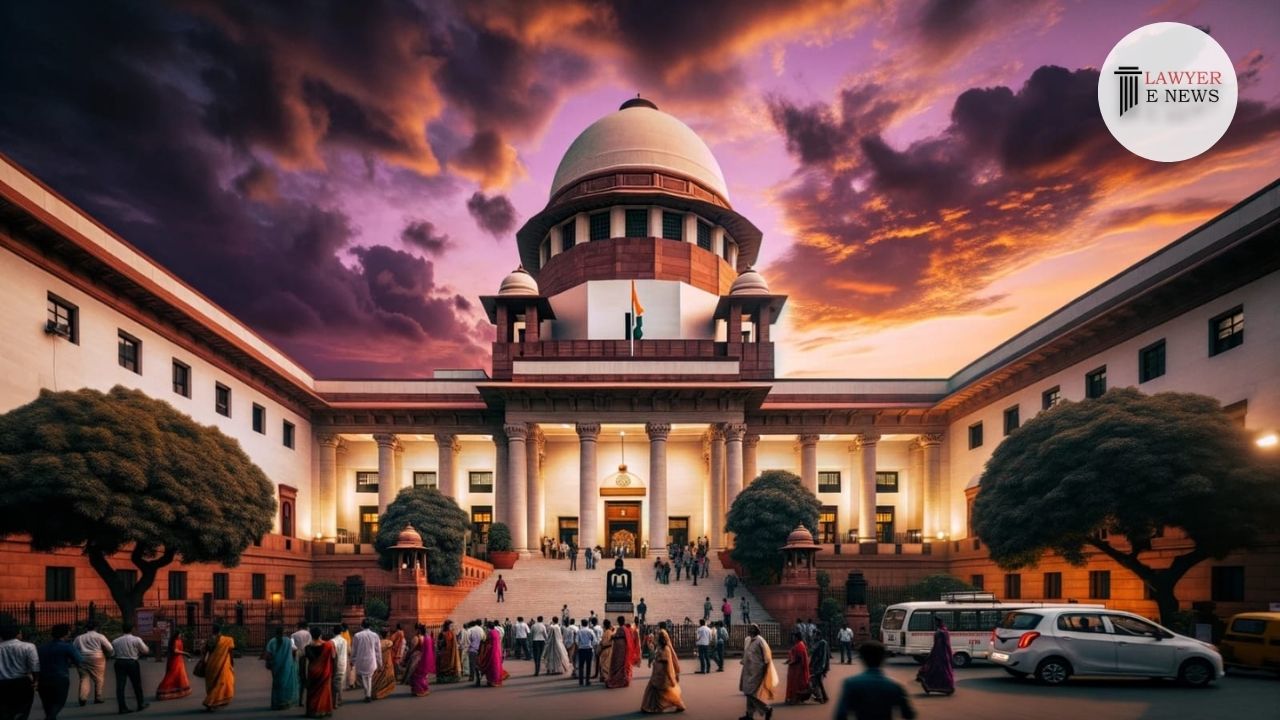-
by Admin
15 February 2026 2:16 AM



In a significant ruling, the Supreme Court has emphasized that insurance contracts must be interpreted strictly, particularly when it comes to exclusion clauses. The Court overturned an NCDRC order directing United India Insurance Co. Ltd. to pay an insurance claim of Rs. 39,09,92,828/- to Hyundai Engineering & Construction Co. Ltd. for a bridge collapse during construction.
The case involves an appeal by United India Insurance Co. Ltd. against an NCDRC order which directed the insurance company to pay a substantial insurance claim related to the collapse of a bridge on NH-76 at Kota, Rajasthan. The bridge construction was contracted to a joint venture of Hyundai Engineering & Construction Co. Ltd. and Gammon India Ltd. under a Contractor’s All Risk Insurance Policy.
Application and interpretation of exclusion clauses within the insurance policy.
Evaluation of expert evidence and surveyor’s reports regarding the cause of the bridge collapse.
The Supreme Court highlighted the necessity of strict interpretation of insurance contracts, particularly exclusion clauses. The burden of proving the applicability of such clauses rests with the insurer.
"Exclusion clauses must be proven by the insurer with clear evidence," the Court stated, referencing prior judgments in Texco Marketing P. Ltd. v. TATA AIG General Insurance Company Ltd. and others.
The Court examined the Expert Committee’s report, constituted by the Ministry of Road Transport and Highways, which identified multiple factors contributing to the collapse, including design flaws and construction lapses.
The surveyor’s report supported these findings, citing deviations from approved construction sequences and inadequate stability measures.
Reports by independent experts relied upon by the respondents were deemed theoretical and not based on site inspections.
Justification of Exclusion Clauses: The Supreme Court found sufficient grounds for the insurer’s repudiation of the claim based on the credible evidence provided by the surveyor’s report and the Expert Committee’s findings.
"The burden on the insurer to prove the applicability of an exclusion clause has been met," the Court concluded.
Decision: The Supreme Court allowed the appeal, setting aside the NCDRC order. The insurer's decision to repudiate the insurance claim was upheld, and no costs were awarded.
Date of Decision: May 16, 2024
United India Insurance Co. Ltd. v. M/s Hyundai Engineering & Construction Co. Ltd. & Ors.
